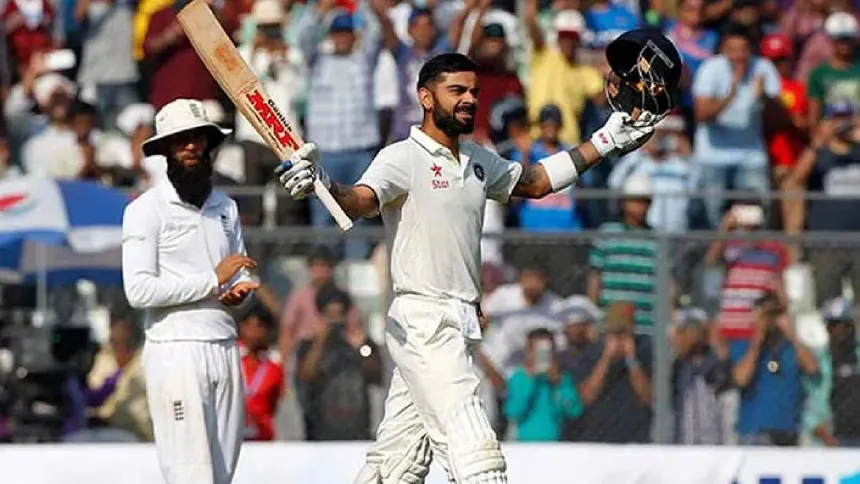
India’s dramatic 22-run loss to England in the third Test at Lord’s has reignited conversation around the absence of Virat Kohli, with former England captain Nasser Hussain and Australian star Alyssa Healy both reflecting on how critical his presence might have been, particularly on the final day. Both pundits lamented the lack of a seasoned campaigner like Kohli to steer India through pressure situations, especially in a tense fourth-innings chase.
India, needing 193 to win on Day 5, looked within reach when Ravindra Jadeja held firm, but the rest of the batting lineup crumbled under pressure, ultimately folding for 170. Nasser Hussain, known for his analytical commentary, pointed out that what India lacked was a player with the mental fortitude and experience to guide the innings—someone like Kohli. He emphasized how Kohli, over the years, had become synonymous with fourth-innings resilience, combining intensity with calculated calm. Hussain suggested that India must now look to either bring someone into that role or develop a new figure who can anchor and lead such chases.
Alyssa Healy echoed this sentiment during a podcast appearance, stating that “Virat Kohli would’ve thrived in that hostile Day 5 environment.” She noted that Kohli’s presence often changes the dynamic of a match, both with his batting and his on-field leadership. While acknowledging Jadeja’s valiant effort, she argued that the moment cried out for Kohli’s fire and clarity under pressure.
The absence of Kohli, who announced his retirement from Test cricket earlier this year, has left a leadership and temperament vacuum in India’s red-ball setup. Known for his knack for absorbing pressure and his ability to anchor chases, Kohli’s experience was glaringly missed as India lost their last six wickets for just 58 runs. This was not just a failure of technique, but of composure—something Kohli consistently delivered throughout his 13-year Test career.
With Kohli gone, the responsibility now shifts to the likes of Shubman Gill, Shreyas Iyer, and even younger players like Yashasvi Jaiswal to evolve into that role. While India still boasts world-class talent, the challenge lies in finding someone who can stand firm in tense situations, especially in overseas conditions where patience and temperament are often tested to the limit.
The defeat at Lord’s wasn’t just about missed runs; it was about missed leadership in a defining moment. Kohli, even when not scoring centuries, brought a sense of fight, urgency, and control that often lifted those around him. That intangible quality was notably missing on the final day, as England seized the momentum and turned a modest target into a match-winning opportunity.
As India prepares for the next two Tests in the series, the conversation now shifts to solutions. Can someone step up and fill the void left by Kohli’s departure? The upcoming matches will test not just skill, but character—and whether India has found a new backbone for high-stakes chases in a post-Kohli era.

